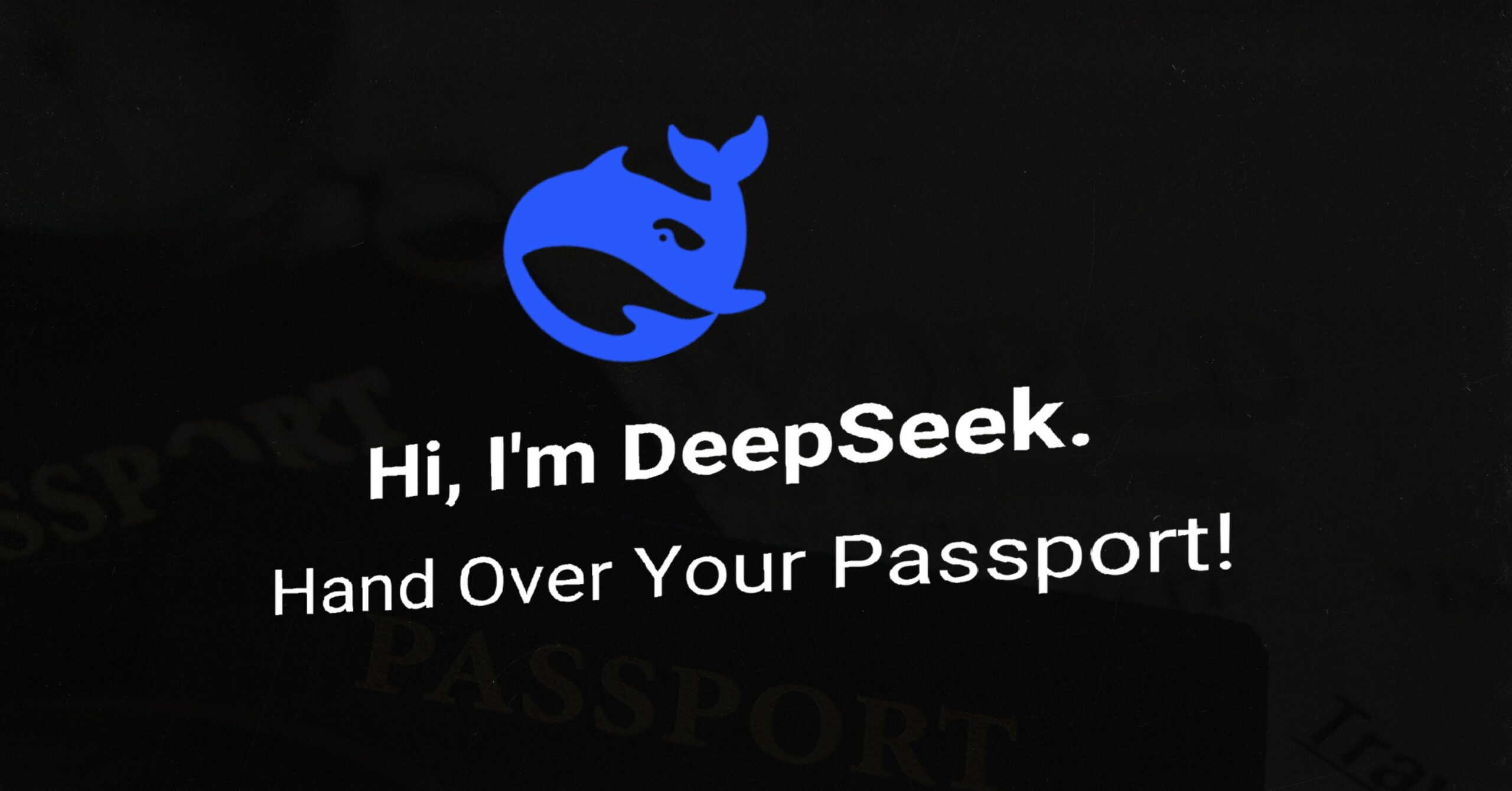DeepSeek Passport Policy: China-based AI startup DeepSeek is facing scrutiny after allegedly confiscating key employees’ passports to prevent confidential information leaks. According to reports from The Information, cited by AI journalist Kylie Robison from The Verge, the company imposed travel restrictions on its engineers to protect sensitive data, which may involve trade or even state secrets.
This move reflects rising concerns about safeguarding intellectual property as competition in the global AI landscape intensifies.
DeepSeek’s Rapid Rise in the AI Industry
DeepSeek has quickly positioned itself as a major competitor to industry giants like OpenAI and Google DeepMind. Its AI model, R1, known for delivering advanced capabilities at a lower cost, powers tools such as chatbots and content generation systems. This innovation led to DeepSeek becoming the most downloaded app on major app platforms, surpassing even well-established global competitors.
The company’s rapid growth and technological prowess have earned it the label of a “national treasure” in China, further highlighting its strategic importance.
Employee Travel Restrictions Spark Controversy
According to insiders, DeepSeek has required some employees to hand over their Chinese passports, effectively limiting their ability to travel internationally. This measure aims to prevent the unauthorized sharing of proprietary technology that could be considered critical to both corporate and national interests.
The report from The Information cites three anonymous sources, stating, “The travel ban is designed to prevent the leakage of confidential information that may qualify as trade or state secrets.”
Global Concerns About DeepSeek’s AI
As DeepSeek continues its rapid global expansion, concerns about data privacy and potential government oversight have emerged. Policymakers and security experts in several countries worry about the possibility of Chinese authorities accessing sensitive user data through the company’s AI model.
- United States: The U.S. government has implemented restrictions on Chinese AI firms due to concerns over national security.
- European Union: EU regulators are considering new measures to monitor AI systems handling sensitive information.
- India: Indian authorities are reviewing policies related to foreign AI applications that process data from Indian users.
These developments reflect a broader trend of increasing government scrutiny of AI technologies, especially those originating from China.
The Bigger Picture: AI, Security, and Global Competition
DeepSeek’s controversial actions highlight the growing tension between technological innovation and national security. As AI technology advances, governments worldwide are stepping up efforts to regulate and monitor AI firms to prevent potential misuse and protect critical information.
The ongoing debate surrounding DeepSeek is just one example of how global competition in artificial intelligence is shaping the future of technology and policy.

